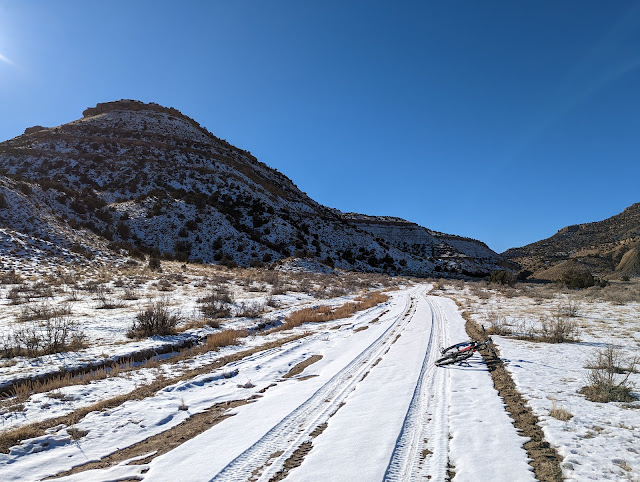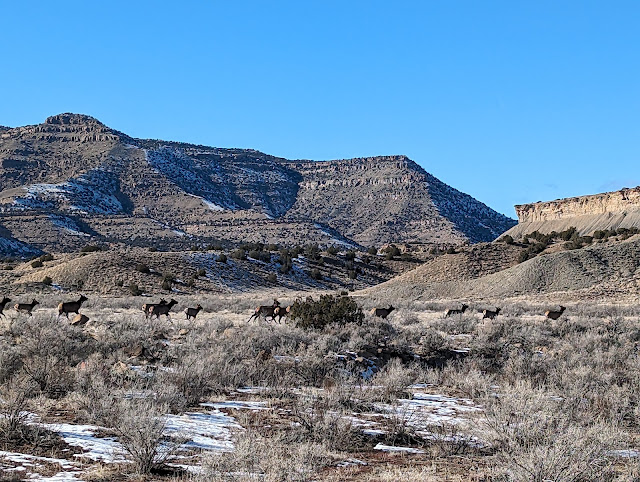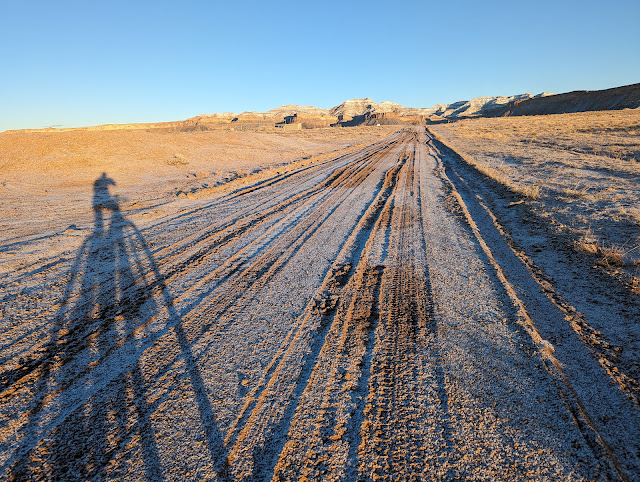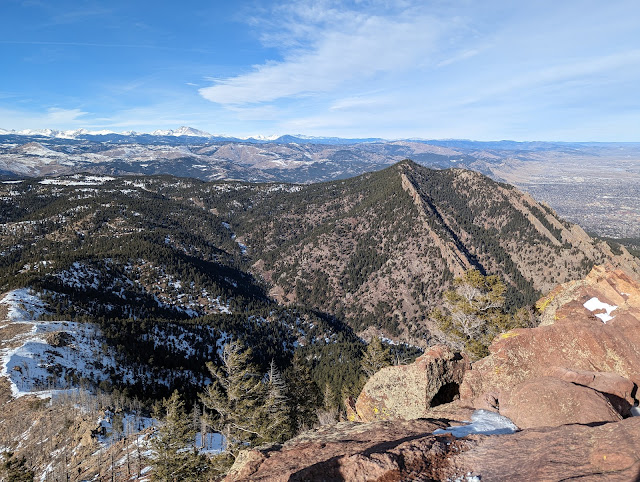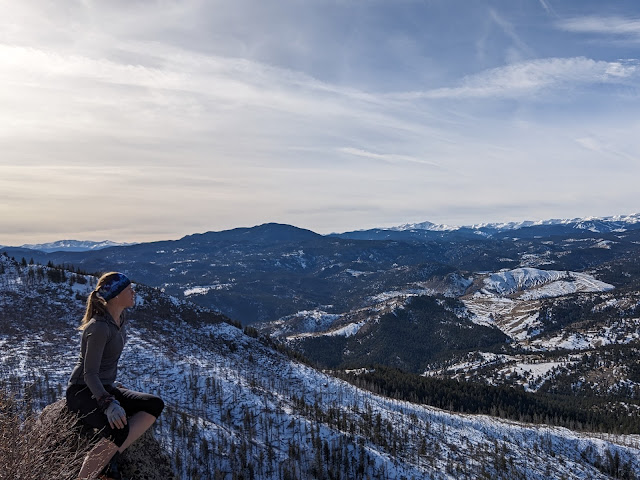 |
| All screenshots are from the Wayback Machine — such a fun rabbit hole to dive into. |
It’s odd to acknowledge that I’ve been blogging for nearly half of my life. I launched my first blog in late 2002 at the naive age of 23. Blogs themselves were still in their relative infancy. I’d recently latched onto bike touring as a large part of my identity and decided since my new hobby had changed my life, I wanted to help others discover it as well.
I initially started “Bike to Shine” — a play on lyrics from Ben Harper’s “Burn to Shine” — on Blogger. At the time, the platform didn’t offer a lot — no photos, for example. So I continued to update journal entries from Blogger (which was possible to do from rural county libraries.) But I also taught myself a rudimentary amount of HTML and launched a digital "magazine" at biketoshine.com.
BiketoShine.com was an expensive endeavor for me — I believe at the time I was paying something like $30 a month for hosting. Since I didn’t have personal access to the Internet at home (I lived in a house with eight roommates and only one desktop computer and dial-up phone line among us), I usually worked on my blog after-hours at my desk at the Tooele Transcript-Bulletin. I wrote wordy posts about the wisdom I’d gained on the single bike tour I’d completed thus far. I also tried to pass myself off as an expert in whitewater rafting (a sport I was already terrified of) and backpacking. I promoted my site everywhere I could — Ken Kifer’s bike forum, crazyguyonabike.com, plastering a printout of the Web address on the back of my friend’s truck shell. I hoped to gain thousands — or at least tens — of readers and leverage my great new Web site into a lucrative carrier in outdoor magazine writing.
 |
| Comic Sans! The horror! Also note: "I'm not athletic. I don't particularly like challenging myself physically." |
Obviously, it didn’t work out that way. I did gain at least tens of readers, but eventually, I began to resent the thankless after-hours work and hosting fees. When I announced I was shutting my site down, another blogger offered to mirror the poorly designed pages on his site. To this day, I can still access remnants of my first blog at http://bonius.com/biketoshine.com — a fun (if embarrassing) time capsule of my youth.
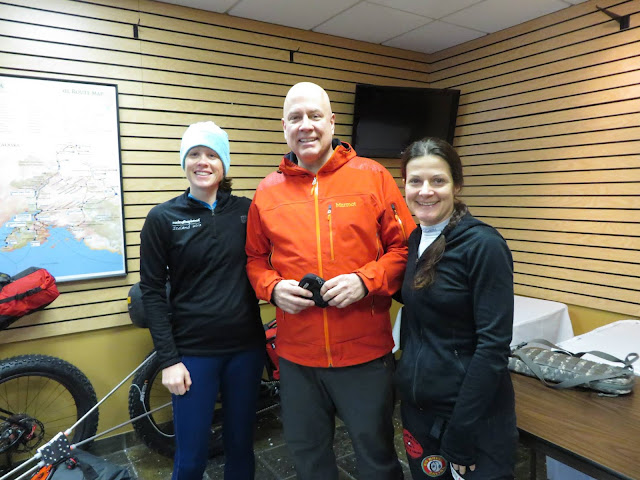 |
| Ausilia and I pose with Dave in Anchorage in 2014. |
Going online also revealed the cyclical nature of life. After a few months of writing, I added a PayPal link urging readers to “Get involved in the adventure!” I still remember the thrill of my first donation from a man named Dave Cushwa. Here was a complete stranger who took me seriously as a writer and adventurer! The Internet seemed so young and innocent back then — these types of distant connections were still a novelty.
Eleven years later, we connected again in Anchorage, Alaska, before the 2014 Iditarod Trail Invitational. I don’t remember the reason Dave was there — I think he was helping out Italian competitors Ausilia and Sebastiano in some way. But I remembered him. He greeted me and I reminded him of the $10 and the subsequent confident boost he gifted me when I was a baby adventurer.
“You’re basically the reason I’m here,” I joked. Dave flashed a knowing grin.
Bike to Shine went dark in 2004. I too went dark, moving to Idaho to work late nights on a newspaper copy desk followed by later nights of bars and parties and days of sleeping and hangovers. My relationship with my boyfriend was in tatters. My bike sat dormant on an unused trainer. My more adventurous endeavors lapsed as well. This was the “quarter-life crisis” that led me to make a last-ditch effort to revive both my relationship and adventure dreams by moving to Alaska.
Within a month of moving to the 49th State, I was a full convert to all things Last Frontier and wanted to reveal my discoveries to everyone I knew. I started what one might now call a newsletter, but at the time was simply, “the annoying reply-all mass e-mail.” An acquaintance sent me an unnecessarily mean “unsubscribe” sort of response, and that’s when I slinked back to my origins and discovered that Blogger.com was not only free, it was way better than it used to be.
I launched “Up in Alaska” and published my first post on November 3, 2005. “So this is my new online journal about moving to Homer, Alaska — a place where it snows in October, where moose traipse through my backyard, and where everyone can spell my last name but if you can’t spell “Xtratuf,” well, so help you God.”
At the time, I had no conception of where this blog would take me within a matter of weeks. I couldn’t foresee the connections I’d make with Alaskans in the blogosphere, how they’d introduce me to this crazy thing called “snow biking” and the then-inconceivable goal of a 100-mile wilderness race on the Iditarod Trail in the dead of winter. I couldn’t imagine that complete strangers would cheerlead my audacious race goal and offer crucial gear and training tips when I had no idea what I was doing. It was this whole thing. I’ve already written an entire book about how this blog changed my life.
It’s strange to realize that this fateful step took place nearly 18 years ago — that if my blog were a baby, it would have grown into adulthood this year. What growing up have I done in that time? It’s difficult to quantify. I’m still riding bikes. I’m still hopelessly dedicated to adventure. I'm still making editorial and design choices I'll likely regret later. I’m still a newspaper copy editor who’s actually okay with the fact I’ve moved laterally through a low-end career. I figured out early that I don’t find value in work just because people pay me to do it. Money and some measure of success are necessary in life, but they’re not interesting in and of themselves. What feeds my fire, and what gives my life meaning, are stories. I value moving through the world, accumulating experiences, observing all the details I can take in, learning what I can, and telling stories as a way to connect with others.
The blog was the simplest way to accomplish this goal. This is the reason I stuck with it even after social media caused a sea change in the landscape, and even after the community that brought me up through my baby years abandoned their own blogs and disappeared into the void. Although I remained, I realized that the community is what I missed the most. I again began to resent the time and energy I was spending on an endeavor that was feeling more and more like whispering into the void.
It wasn't just the comments that faded away. It was any kind of reciprocal reader engagement. The intimate stories that people used to share on their blogs became snarky memes, generic photo captions, and hashtags. In turn, I felt over-exposed and self-conscious in this space. I considered pulling away — I even tried going dark a couple of times. But it never stuck. I still don't care about viral content or influencer culture or any other measure of Internet success. All I want, still, is a space to be vulnerable, to scratch my name into the proverbial cave wall, and to continue to learn and grow.
 |
| My blog as written by ChatGPT |
These are interesting times to be a creative person who has essentially grown up online but also remembers what the landscape was like before the Internet was ubiquitous. Beat has been dabbling in AI development at work. Last month, he sent me an example of an essay that ChatGPT-4 would pen when instructed to: "Write a vivid and introspective blog post in the style of Jill Homer, author of the Jilloutside.com blog, detailing a challenging yet transformative endurance adventure in the wild."
The result provided an unsettling mirror that I did not like gazing into. Through its generic scope, ChatGPT did capture me. But it seemed to capture the worst of me — the flowery language, the overwritten descriptions, the navel-gazing. I don't claim to have fixed any of these issues in my writing — this, in many ways, is who I am. Still, it's uncomfortable to acknowledge that yes, this is my digital footprint. When our AI Overlords take over, this is how I will be replaced.
"You should have ChatGPT write your blog for you," Beat teases me, and I won't admit to him how much this suggestion hurts my feelings. If there is no longer value in connecting with other humans through the power of the written word, what even am I doing with my life?
I feel as though I've reached another crossroads with blogging. In Spring 2022, I launched a Substack newsletter as motivation to continue working on a personal archiving project I'd started. I figured a few family members and friends would sign up — or maybe not even them, because most didn't seem to check in with my blog anymore. What I found was a surprising amount of interest. And not only that — new engagement. Other writers who I'd followed on Twitter for years were writing on Substack. Authors on road trips. Runners grappling with past eating disorders. Mountaineers addressing trauma recovery. Feminism and journalism and essays about what it means to be an "Oldster." The more I dug in, the more I realized, "Here it is! Here is the blogging community I've lost. It's back!"
This realization came just as I'd grown weary of the Substack corner I'd boxed myself into, which was essentially writing only about artifacts from my more distant past. I too wanted to expand my writing to any and all of the issues I'm exploring in the present — including mental health, grappling with climate change, the challenges of middle age, grief and loss, existential philosophy, and of course, outdoor adventure and travel.
I decided to shift gears. After doing so, the only pieces I've written are a day-by-day account of a recent bikpacking trip through the Scottish Highlands. It's the same sort of thing I've been writing on this site since the start. It's not exactly my wider goal with my Substack blog. Still, the response has been satisfying. I nearly doubled my subscriber list within a month, including 23 paid subscribers. Paid subscriptions are a thing with Substack. They're voluntary, and in my case still more of a donation or tip than an exclusive subscription. I haven't yet published subscriber-only posts, although I likely will in the near future. I like that there's a place where I can be particularly vulnerable and honest in my writing and still connect with readers without having to blast the entire Internet with my deepest feelings.
Thank you to those who opted to "support the adventure." It's certainly not a requirement, but it means a lot and motivates me to stay committed to the craft. Perhaps, like Dave, our paths will cross someday and we'll be able to muse about the good ol' days before ChatGPT took over the world.
While I dip my toes in the Substack ocean, I'm not exactly sure what to do with this space. It's been around for so long that it remains a great way to connect with people from my past. I still sell a few books each week directly from the links here. I certainly have no intention of taking down its vast archive, which I sadly nearly did when I was in the midst of mental turmoil last November. But will I continue to update this blog? It's difficult to say.
If you are still around and still reading, I'd encourage you to check out my Substack page and sign up for the e-mail list. You don't even need to sign up, though; you can simply bookmark the page and read posts online, similar to any other blog. If I truly make a full migration, I'll post a much shorter update and link at the top of the page. But it's been fun to take this trip down blogging memory lane. Thank you.



















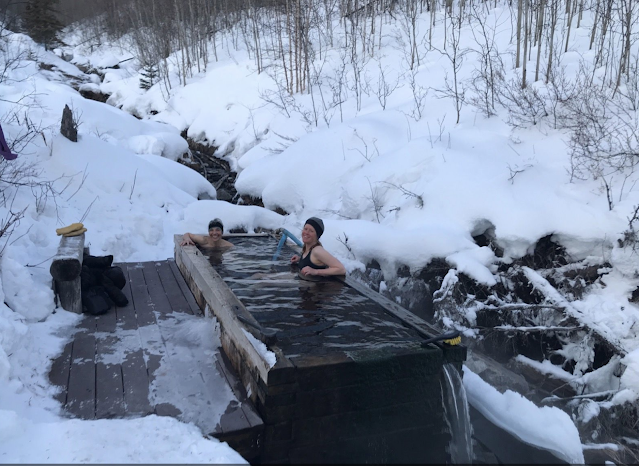




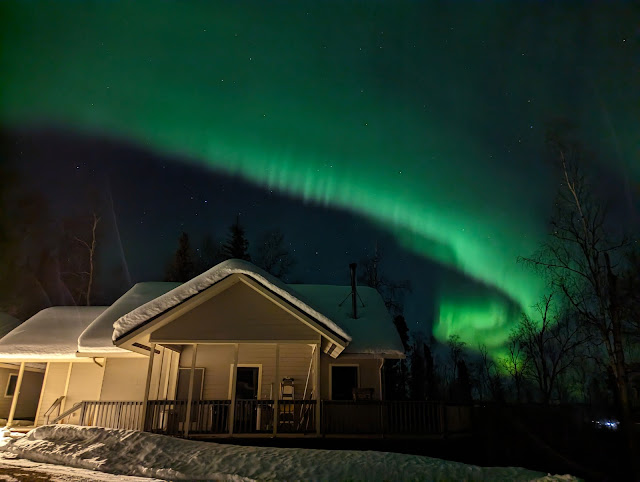




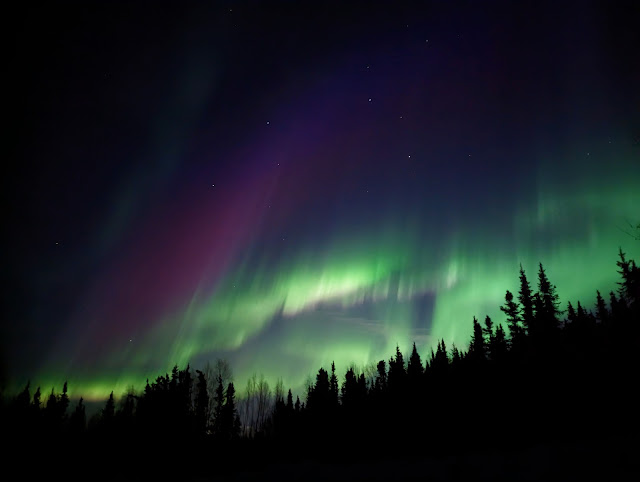





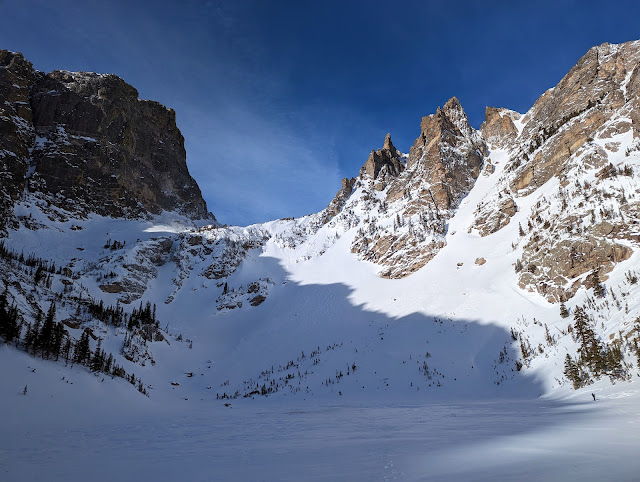


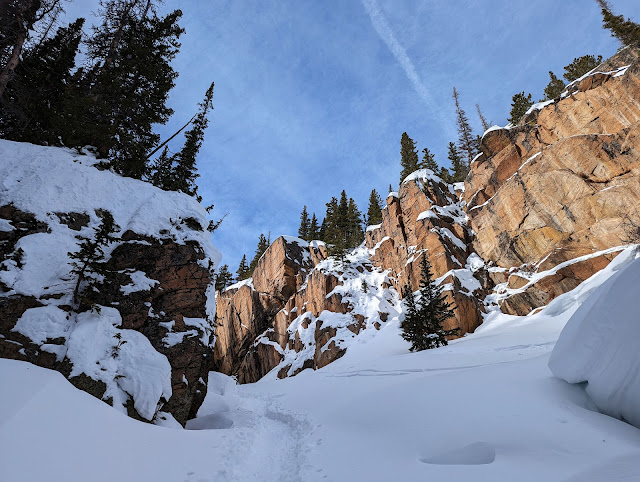







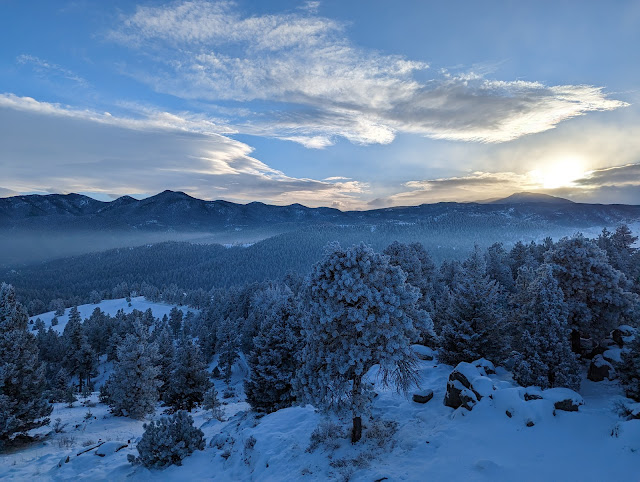



.jpg)
